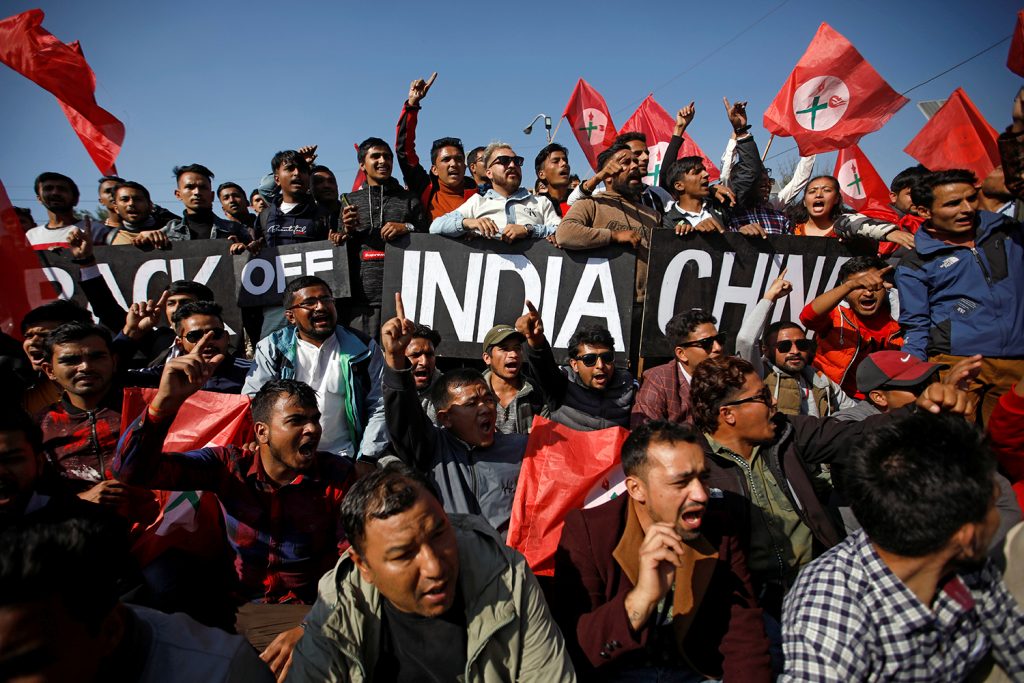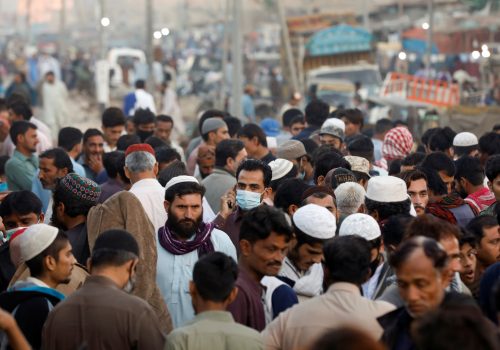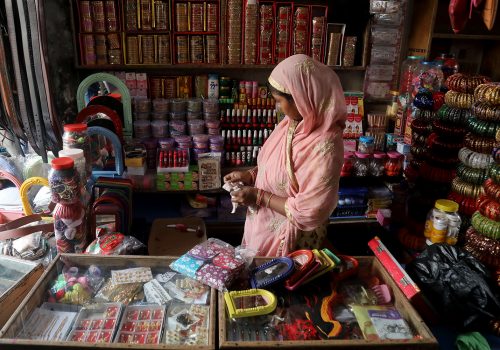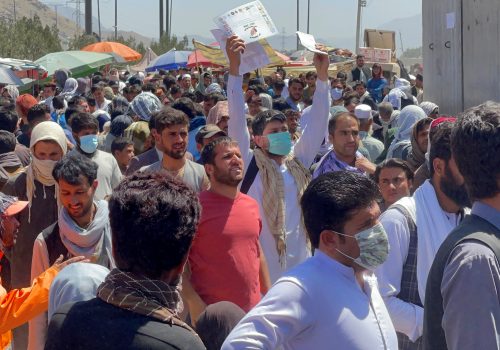When it comes to South Asia, the discourse surrounding Pakistan and India dominates the rest of the region, at times overshadowing the role of and developments related to Maldives, Nepal, and Sri Lanka. In light of the ongoing Afghanistan conflict and Ukraine-Russia war, while both Pakistan and India have made significant strides in the development of new foreign and economic policy doctrines, the “non-nuclear” countries of the region–Maldives, Nepal, and Sri Lanka in particular–too have played a crucial role in its growth as a major emerging market with multipolar international and intra-regional relationships.
In particular, these three countries have all maintained relationships with both India and China despite historical tensions between the two, reflective of a region with complex political connections that do not ascribe to camp politics.
In this panel, the Atlantic Council’s South Asia Center hosts a discussion on how Maldives, Nepal, and Sri Lanka are understanding the geopolitical nature of their relations with India and China as well as how these relationships may evolve in the coming years.
This program was recorded on March 22, 2022.
Featuring
Hoodh Ibrahim
Executive Director
Maldives Island Conservation Project
Dr. Anil Sigdel
Founder & Director Emeritus
Nepal Matters for America
Dr. Pavithra Jayawardena
Senior Lecturer
Department of International Relations, Faculty of Arts, University of Colombo
Moderated by
Dr. Rudabeh Shahid
Non-Resident Senior Fellow
Atlantic Council’s South Asia Center
For an overview of the dynamics concerning India-China balancing by “non-nuclear” countries of the region, please check out non-resident senior fellow Dr. Rudabeh Shahid’s presentation for World Oregon, Great Decisions 2022: The Quad Alliance.

The South Asia Center is the hub for the Atlantic Council’s analysis of the political, social, geographical, and cultural diversity of the region. At the intersection of South Asia and its geopolitics, SAC cultivates dialogue to shape policy and forge ties between the region and the global community.
Related content
Image: Nepalese students affiliated with the opposition party protest against the new map of India demanding the resignation of Prime Minister Khadga Prasad Sharma Oli in Kathmandu Nepal November 17, 2019. REUTERS/Navesh Chitrakar




